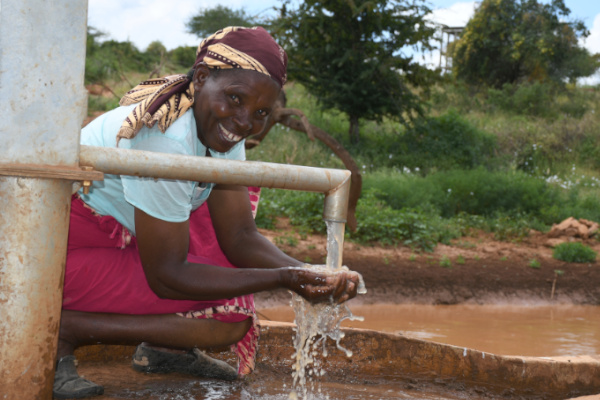Water is essential for every aspect of human life. Our health and physical well-being depend on its purity and accessibility. We need water not only for drinking. It is necessary for preparing meals, for practicing good personal hygiene and for keeping our households clean. Limited access to water can affect our educational and career opportunities.
Particularly vulnerable are internally displaced persons (IDPs), who leave their homes in search of safe shelter. Very often they must stay at places with no access to clean water, sanitation, toilets and bathrooms. In such difficult conditions, clean water is essential to prevent the spreading of serious bacterial diseases.


















